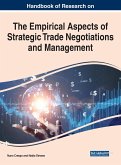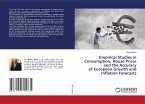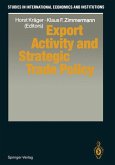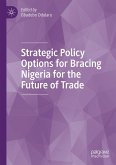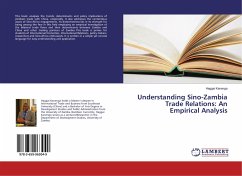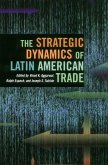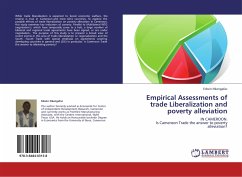Since the 1980s, economists have used the concept of strategic trade policy, which takes account of imperfect competition and increasing returns in the international marketplace, to criticize conventional views about free trade. According to the new view, a government can take strategic steps to raise its income at another country's expense--by subsidizing exports or erecting trade barriers, protecting certain firms from foreign competition, or promoting the development of new industries. This volume looks at the experience of specific industries in order to determine the effectiveness of strategic trade policy in promoting economic growth. The nine papers cover the U.S. and European auto industries, the U.S. steel industry, the commercial aircraft industry, airline deregulation in Scandinavia, and labor and industrial policy in Korea and Taiwan. The authors refine the basic techniques for measuring policy effectiveness, extend them to encompass industry dynamics, and test the implications of new trade models. International economists and trade experts in government and business will find important new insights into the role of strategic trade policy in international competitiveness.
Hinweis: Dieser Artikel kann nur an eine deutsche Lieferadresse ausgeliefert werden.
Hinweis: Dieser Artikel kann nur an eine deutsche Lieferadresse ausgeliefert werden.


